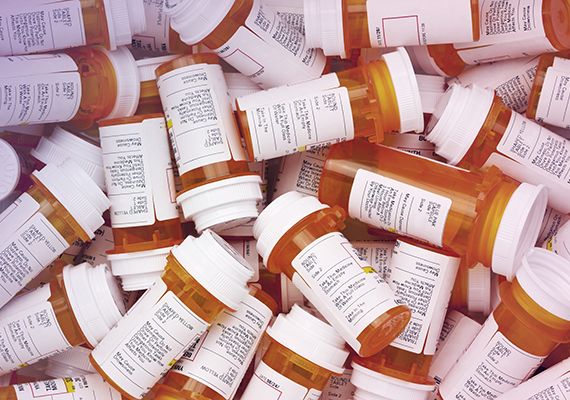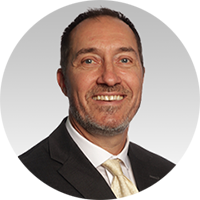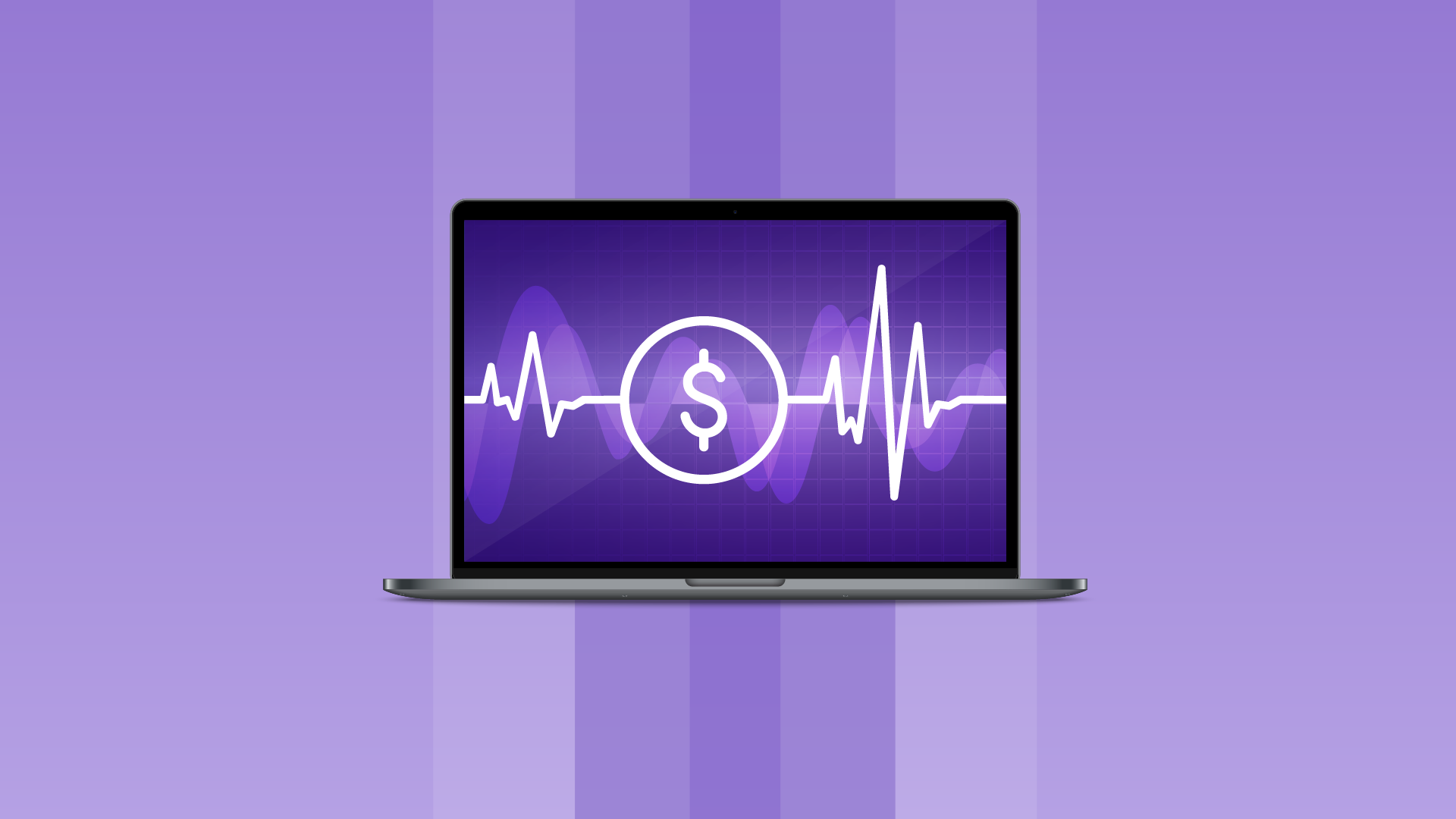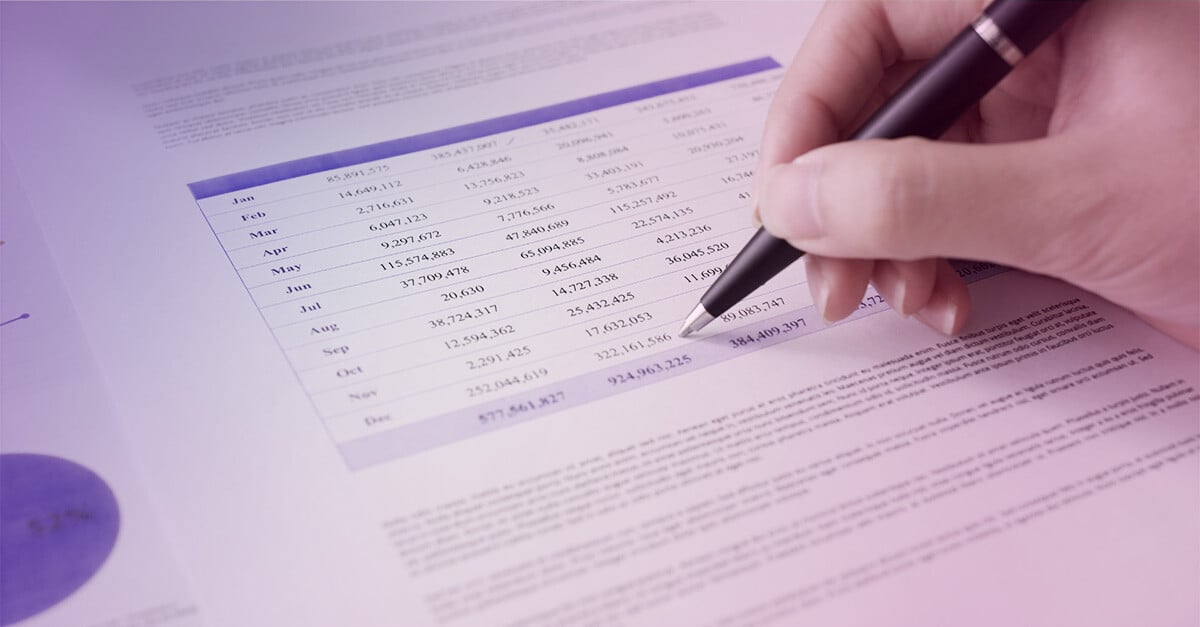A “brazen” alleged drug fraud scheme and indictments related to home healthcare, compounded medications, and portable x-rays make up some of the most prominent fraud busts of the second quarter of 2019. With help from the National Health Care Anti-Fraud Association (NHCAA), we’ve rounded up some of the top healthcare fraud allegations reported from April through June.

Cotiviti Payment Accuracy solutions
Unlock value across the payment cycle with one partner
Read the brochure
Alabama prescription drug fraud: $200 million
Ten defendants affiliated with an Alabama-based pharmacy are accused of fraudulently billing health plans for medically unnecessary prescription drugs. The scheme, described as “egregious corruption” by investigators, targeted both private health plans as well as Medicare and TRICARE. In one case, a prescription plan administrator paid more than $29,000 for a single tube of cream.
Texas home healthcare scheme: $16 million
Three people involved with Houston clinics allegedly attempted to defraud Medicare and Medicaid by submitting false claims for home healthcare services, eye injections, and other services that were medically unnecessary. One defendant is also accused of ordering testing and conducting physical exams without a medical license.
Mississippi compounding pharmacy bust: $7 million
Two doctors and two nurses are accused of defrauding TRICARE and private health insurers by prescribing and dispending unnecessary compounded medications to patients without an exam. These included ketamine, a controlled substance. They face a variety of charges including mail fraud, distributing and dispensing a controlled substance, and paying healthcare kickbacks.
Pennsylvania painkiller charges: $3.2 million
Federal prosecutors say a Philadelphia-area doctor offered patients “goodie bags” filled with prescription drugs at each visit while submitting fraudulent pharmacy claims for them. Each of these goodie bags netted the physician more than $4,000. According to an indictment, he also fraudulently billed health plans for services including physical therapy, acupuncture, and more, with treatments often not being provided at all.
Ohio x-ray billing fraud: $2 million
A Cleveland-area man is accused of billing Medicare and Medicaid for portable x-ray services that his company never provided, including submitting claims for deceased patients. He allegedly forged the signatures of medical professionals to cover up his activity.
California pharmacy bust: $1.8 million
A Santa Ana pharmacy owner allegedly operated a “complex and secretive scheme” to defraud MediCal, Medicare, and CalOptima, a health system for vulnerable Orange County residents. The defendant is accused of submitting fraudulent claims for purportedly supplying prescription drugs to beneficiaries of those programs, comingling the funds in her personal and business accounts.
Pennsylvania opioid kickbacks: $847,000
A doctor who practiced in both Pennsylvania and New Jersey is accused of taking bribes and kickbacks from Insys Therapeutics to prescribe the drug Subsys, an opioid approved for use only in cancer patients. The Justice Department says the doctor prescribed it to patients who did not need the drug or even want it, resulting in Medicare paying more than $847,000. Several Insys executives have themselves been convicted for a racketeering conspiracy and the company faces ongoing litigation.
Advanced fraud detection analytics are just one component of Cotiviti’s Payment Accuracy solutions, which enable payers to assess claims across all areas of improper payment both prospectively and retrospectively. Read our solution overview to learn more.






